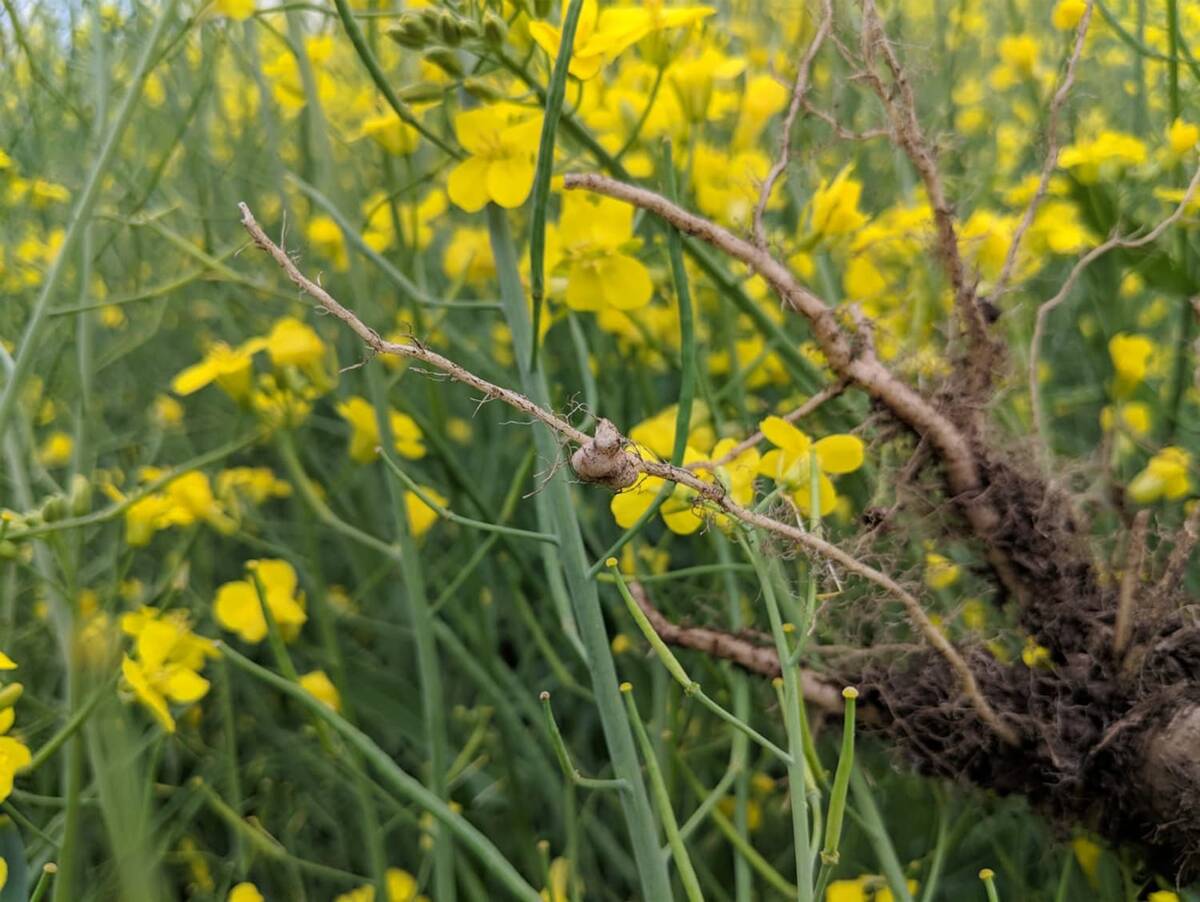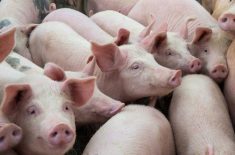An effort to ban hunt farms in Manitoba was met by defiance last week.
The Manitoba government has enacted amendments to the Wildlife Act
aimed at eliminating the hunting of wildlife in a fenced or enclosed
area, a practice that the province calls penned hunting.
Under the legislation, no new hunt farms will be allowed, and existing
operations will have no more than two years to wind down their ventures.
But Peter Kalden, who raises fallow deer, wild boar and bison near St.
Read Also

Going beyond “Resistant” on crop seed labels
Variety resistance is getting more specific on crop disease pathogens, but that information must be conveyed in a way that actually helps producers make rotation decisions.
Martin, Man., said the legislation will have little effect on him.
He still plans to allow people onto his farm to shoot fallow deer and
wild boar in large, fenced areas.
Rather than calling it a hunt, he will call it a harvest, whereby
clients buy the animals and kill them for meat.
Kalden believes exemptions in the legislation will allow him to do
that. Although some tracking of the animals may be involved before they
are shot, he said they will be harvested within common agricultural
practices.
“We are selling meat on the hoof. That’s what we have been doing and
that’s what we will be doing.”
The province, however, is confident the legislation has the teeth
needed to do away with hunt farms.
If loopholes appear that allow such ventures to continue, the
government will correct them, said Gordon Graham, a legislation
specialist with Manitoba Conservation’s wildlife branch.
“The direction from government has been to prohibit this activity.”
Graham said the prohibition on penned hunting is driven by public
opposition to the practice. A ban on penned hunting was one of the
promises made by Manitoba’s NDP party before coming to power in the
last provincial election.
Kalden said critics of what he does are “mentally deranged.” He
considers killing an animal on his farm more humane than loading it on
a trailer, hauling it to an abattoir and slaughtering it there.
“That’s the issue here. It’s farm kill versus abattoir kill.”
There are at least 10 hunt farms in Manitoba. Fallow deer and wild boar
are two of the most common species offered for hunts by those
operations, said Graham.
Saskatchewan allows hunt farms, while Alberta does not allow penned
hunting of elk, deer and other cervids.
Manitoba has no clearly defined compensation package for those who
decide to wind down their ventures within two years.
Whether those operations would be eligible for compensation will be
decided on a case-by-case basis, Graham said.
“The individuals will have to show they’re eligible, based on existing
rules.”
According to the pro-vince, hunting of farmed elk is already illegal in
Manitoba. The government’s latest action offers no hope that will
change any time soon.
Allowing hunts on elk farms would give the owners another outlet for
marketing their older bulls. Manitoba elk growers had lobbied for that
in recent years.
“Now we’re going to be selling them for hamburger,” said Merv Farmer,
president of the Manitoba Elk Growers Association. “They’re still going
to be killed for meat.”
An alternative is to sell the bulls into other jurisdictions where
hunting of farmed elk is allowed.















